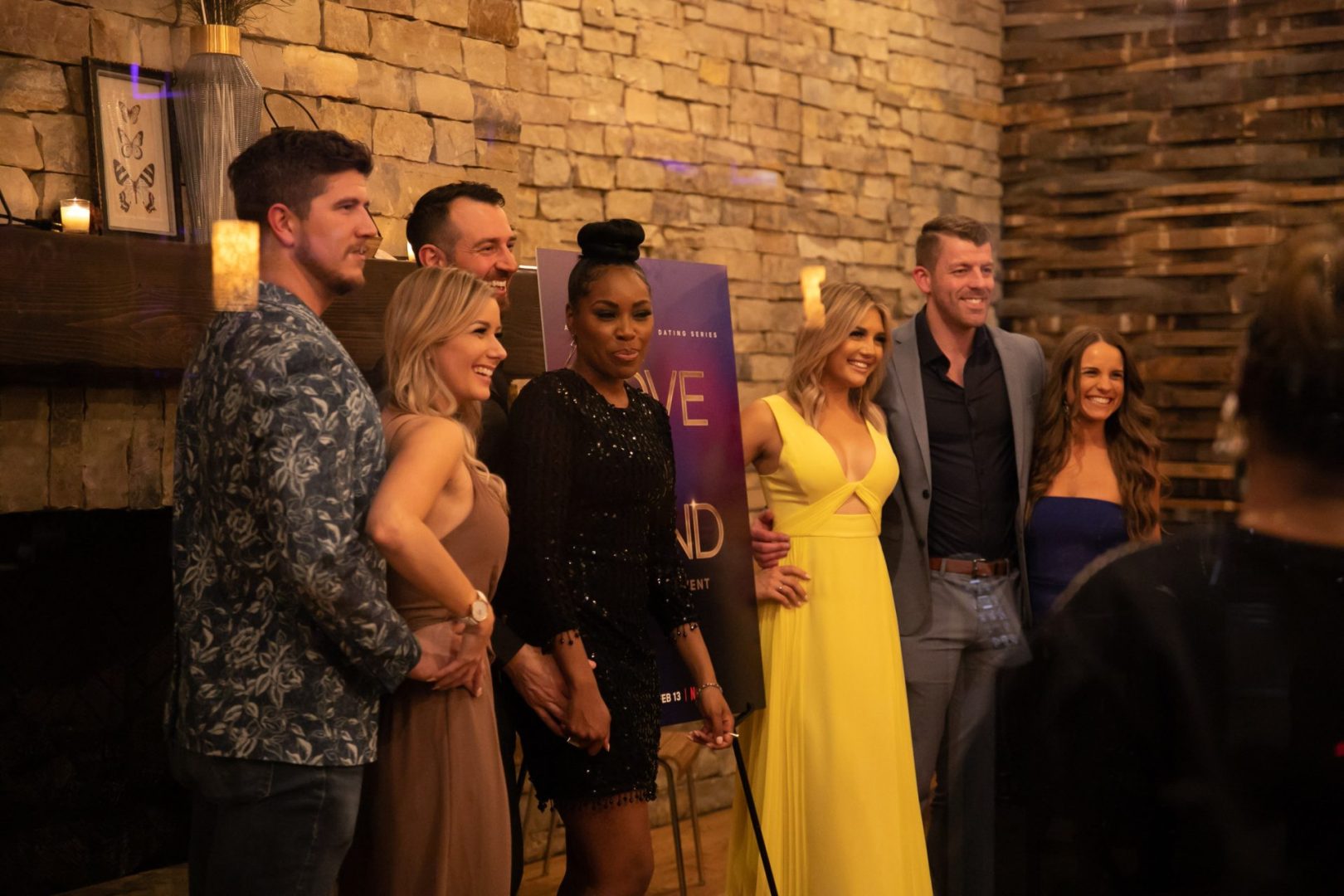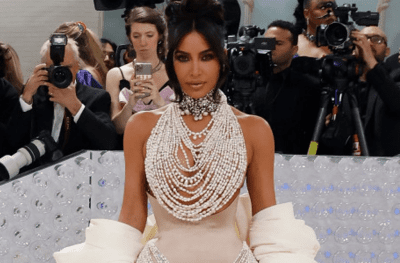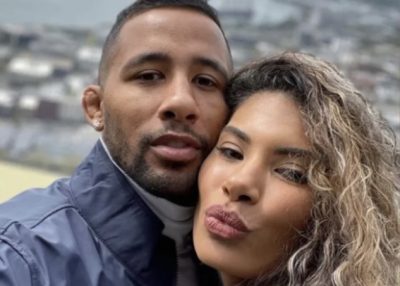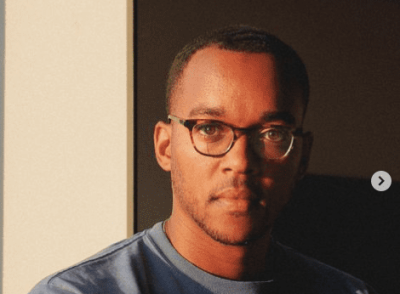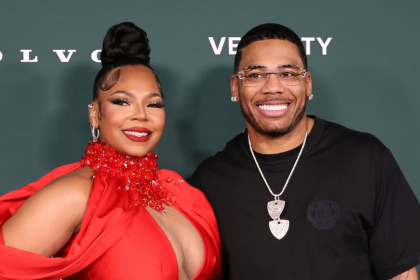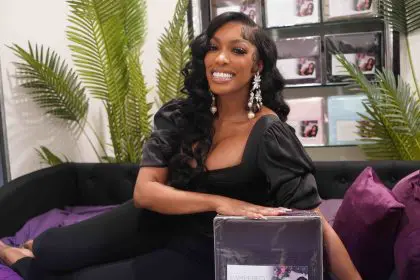The latest season of “Love Is Blind” on Netflix has ignited a significant conversation about how ideological and political differences can impact romantic relationships. This season, particularly highlighted by the couple Marissa George and Ramses Prashad, has ventured into discussions rarely seen on reality television, addressing topics such as military service, imperialism, and personal beliefs.
Breaking new ground in reality TV
While politics is typically a taboo subject in reality shows, Season 7 of “Love Is Blind” has made history by delving into these complex issues. Marissa and Ramses, who are navigating their relationship, openly discuss their differing views on religion and politics, making their conversations both refreshing and thought-provoking.
Marissa and Ramses: A couple with contrasting views
Marissa and Ramses’s relationship is marked by their candid discussions about their ideological differences. Marissa expressed her preference for a wedding officiant who is not a cis-hetero individual, stating, “God can take a back seat.” She shared her experiences growing up in a predominantly white Mormon church, emphasizing the kindness she has encountered within that community while also critiquing its inherent biases.
Ramses, who has a background as a Black immigrant from Venezuela, echoed similar sentiments about questioning religious teachings. He remarked, “I don’t think [God] is gonna judge me for having questions,” highlighting his struggle with traditional religious narratives.
Military service and personal growth
As the season progresses, Marissa reflects on her military service, revealing a shift in her perspective. Once a staunch supporter of the military, she now grapples with the implications of American imperialism, stating, “I can’t look at the military and say it completely sucks, because it changed my life and provided me opportunities.” This nuanced view showcases her growth and the complexities of her experiences.
Ramses, on the other hand, offers a more critical stance on the military, emphasizing his outsider perspective. He critiques the U.S. for destabilizing countries, underscoring the importance of viewing these issues through a broader lens.
Social media reactions: A broader conversation
The couple’s discussions have sparked a lively debate on social media. Human rights lawyer Kristen Zeta remarked on Threads, “Who would have thought the most nuanced conversation on American imperialism and militarism on TV today would be on ‘Love Is Blind’?” This sentiment was echoed by many viewers who appreciated the depth of the conversations presented.
Comments on Zeta’s post further fueled the dialogue, with viewers expressing their thoughts on the importance of discussing military service and its implications. One user noted, “I love that they showed this at length; it’s an important conversation!” while another pointed out the complexity of individual motivations behind military service.
Representation and vulnerability in relationships
Season 7 also highlights the experiences of other couples, such as Ashley Adionser and Tyler Francis, who discuss the impact of societal expectations on their identities. Ashley reflects on the stereotype of the “angry Black woman” and emphasizes the importance of authenticity in her portrayal on reality TV. Tyler shares his journey toward vulnerability, revealing how he learned to express his emotions in a supportive environment.

